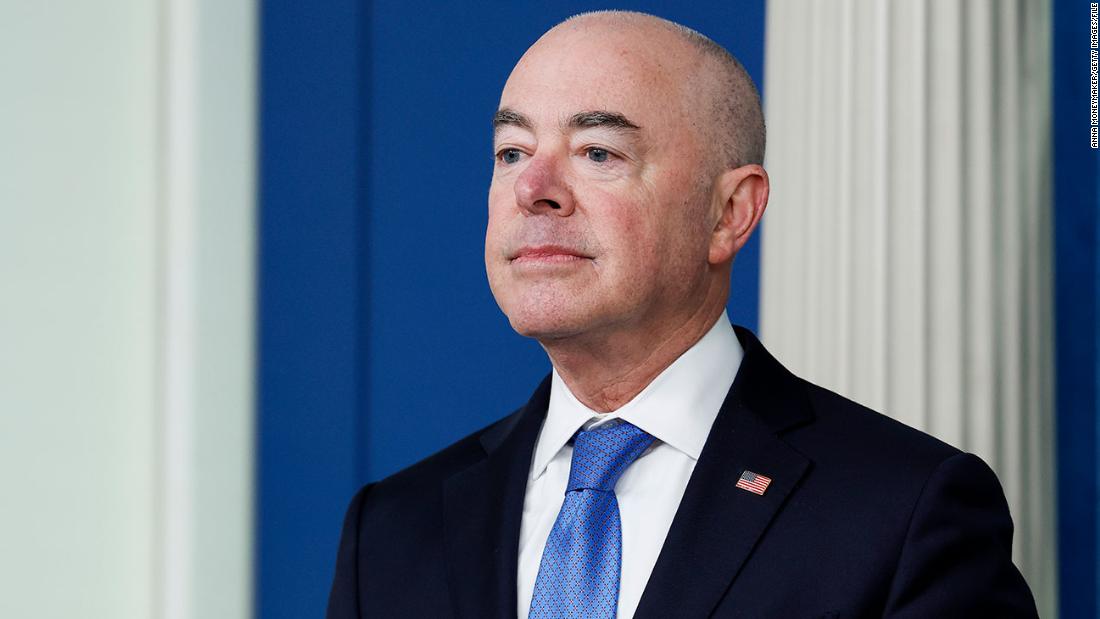Once the self-proclaimed grown-ups of their party, Senate Republicans are at risk of descending into a rudderless caucus incapable of following through on basic pledges.
The vast majority of them have spent two years voicing support for Ukraine President Voldomyr Zelensky’s fight against the Russian invasion. They have been almost unanimous in their support for Israel’s brutal fight against Hamas. And every Senate Republican has demanded a tougher approach to the migrant crisis at the southwest border.
Cut through the 2024 election noise. Get The Campaign Moment newsletter.
In the span of less than 48 hours, the Senate GOP twisted itself into so many knots that Republicans now expect unanimous opposition Wednesday against a bill that tries to accomplish all three of those goals, including the very Republican who negotiated the package.
They are starting to resemble their counterparts in the House, where the GOP caucus already ejected one speaker and has left the successor powerless to do anything without massive Democratic support.
“The Senate Republican caucus is now the House Republican caucus,” Sen. Chris Murphy (Conn.), the lead Democrat in four months of negotiations on the broad security package, told reporters early Tuesday. “There’s nobody in charge. There’s no ability to follow a plan. We did everything they said, and they abandoned it before they even read — before they even read the bill.”
The night before, Murphy’s long work with Sen. James Lankford (R-Okla.) had come to an end in a contentious closed-door meeting of Senate Republicans. The group of about a dozen far-right antagonists to Senate Minority Leader Mitch McConnell (R-Ky.), whose hold on power has waned since health issues became public last March, drained support for what had become a $118 billion national security package for border security and financing the defenses of Ukraine, Israel and other allies.
With former president Donald Trump objecting to the legislation — openly saying he did not want them to give President Biden a political win — Senate Republicans fell in line quickly, emulating how the House Republicans behaved most of the past year.
A beleaguered Lankford, the last senator to leave that Monday meeting, spent 20 minutes trying to explain that the
370-page legislation that he, Murphy and Sen. Kyrsten Sinema (I-Ariz.) had released 24 hours earlier was actually a conservative win. He again accused conservative opponents of misconstruing key parts the proposal, but he acknowledged that he would probably vote against starting debate Wednesday.
“Right now, the momentum is to beat up on a product that no one’s read yet,” Lankford told reporters, expressing hope that “the more time” Republicans have to consumer the bill, they might have a change of heart: “Wait, there are some actually really beneficial things in here that we’ve never had before.”
But even Republicans who had been openly embracing Lankford’s work for months slinked away amid the far-right onslaught from cable news.
Sen. Mike Rounds (R-S.D.) explained Tuesday that he could not vote for it because conservatives back home believe Biden will not enforce these tougher laws even if Congress enacts them. So instead, GOP lawmakers say they would prefer that Biden take executive actions — the type of unilateral procedure conservatives have previously loathed from the president — to seal the border.
“Don’t do this bill because it doesn’t do enough. And this president is not going to use those tools anyway,” Rounds said.
He actually broke into a small bit of laughter about the absurdity of that reasoning. “I’m not disagreeing with the illogic of it. I’m just simply saying that is the assessment that’s out there right now,” Rounds added.
Another Lankford supporter, Sen. Thom Tillis (R-N.C.), admitted Tuesday that many Republicans — particularly lower-profile senators from very conservative states — feared facing a far-right challenge in the primary season that will soon begin, with many states still open for challengers to file against incumbents.
“If you aren’t able to build a compelling case for why you support it, you may draw a primary challenger,” Tillis told reporters.
Both Rounds and Tillis say Lankford’s deal, with actual limits on asylum seekers at the border and adjustments to how parole would work for migrants, would be better border policy. But those GOP senators in the ideological middle of the conference were too afraid to vote for something that so many vocal opponents, including Trump, had already been sabotaging on conservative news outlets.
Added Tillis: “I think it was just people, in their heart of hearts, saying, ‘I’ve got to go and sell this back home, and it doesn’t fit the threshold for me to be able to do that.’”
That’s exactly the ethos that sank the last serious legislative effort at border-and-immigration legislation in 2013 and 2014. At that time, the Senate GOP provided 13 votes for a sweeping law that would’ve massively surged security agents to the border in exchange for a path to citizenship for some of the millions of undocumented migrants already here.
But House Republicans backed away from the legislation because so many of their rank-and-file — many of whom privately said the proposal would have been a good law — were too afraid to vote for it, worried about what would happen to them in a primary.
That election cycle Senate Republicans defeated every far-right challenger in GOP primaries, getting their preferred challengers into almost every pickup opportunity, ultimately winning a net gain of nine seats in the fall. House Republicans won seats, but their caucus never recovered any political spine after the shocking upset Eric Cantor (R-Va.), then the House majority leader, in a June 2014 primary challenge focused on immigration.
A year ago, as Kevin McCarthy (R-Calif.) took an embarrassing 15 rounds of votes to secure the speakership, McConnell still seemed like he had a firm grip on power, deflecting a challenge to his post by winning 75 percent of the Senate GOP votes.
By late September, however, after a fall in March that left him out of the Senate for six weeks, followed by two other health incidents, McConnell had less power to shift Republicans to his position.
They bucked his efforts to tuck $6 billion of Ukraine defense funding into a government funding bill, and when he made a push later in October to help Zelensky, his rank-and-file backed House Speaker Mike Johnson (R-La.) in his demands to tie any Ukraine funding to a domestic border bill.
Lankford won the unenviable task of leading negotiations on the border piece, which stretched on long enough that some senators assumed they were destined to fail. That changed two weeks ago, and McConnell’s top lieutenants voiced support for the emerging framework.
Sensing that Lankford would actually produce legislation, far-right Republicans moved the goal posts. They no longer wanted a border-for-Ukraine deal, and Johnson simply dismissed the compromise as “dead on arrival” if it reached the House before he even knew what was in it.
This came as Trump swept the early primaries and became the presumptive GOP nominee in most lawmakers’ eyes. By early this week, Lankford’s and McConnell’s allies either fell silent or voiced strong opposition.
“I never expected they would leave Senator Lankford hanging out to dry as badly as they did,” said Murphy, who has helped negotiate several bipartisan compromises the past two years.
He now fears that the Senate GOP has no co-pilots who can land the plane in these complex negotiations. “This is admittedly a scary situation when you don’t have real partners,” Murphy said.
Tillis, who worked on gun violence and same-sex marriage compromises with Murphy, dismissed that charge.
“It’s all transactional, all of it. You can say that about this one. Now let’s look at the next one where there’s potential,” Tillis said, chalking up Murphy’s talk as “frustration” from the failure. “This transaction didn’t work out and move on to the next one.”
Asked what the next one was, Tillis shook his head. He’s not sure what comes next.




